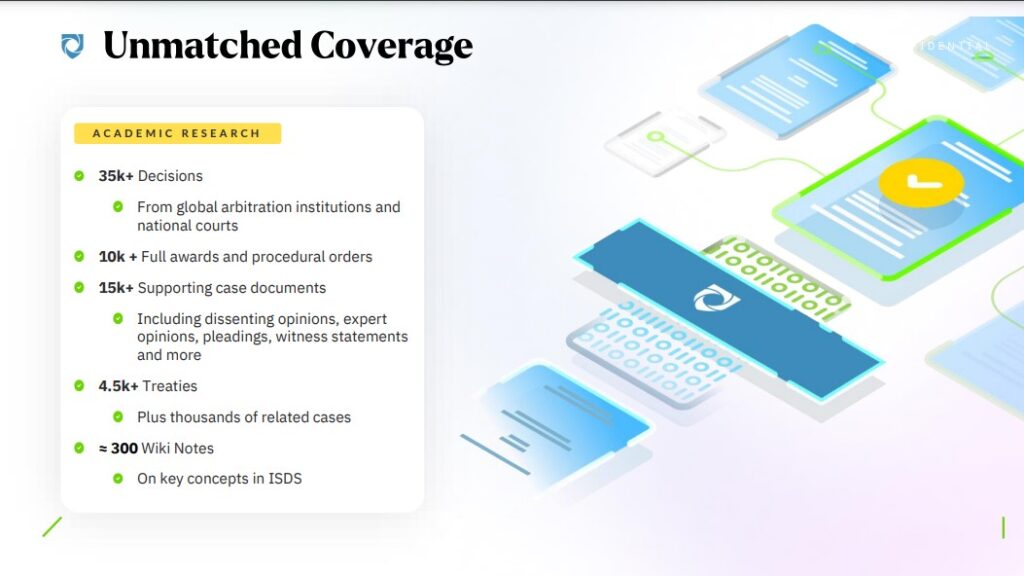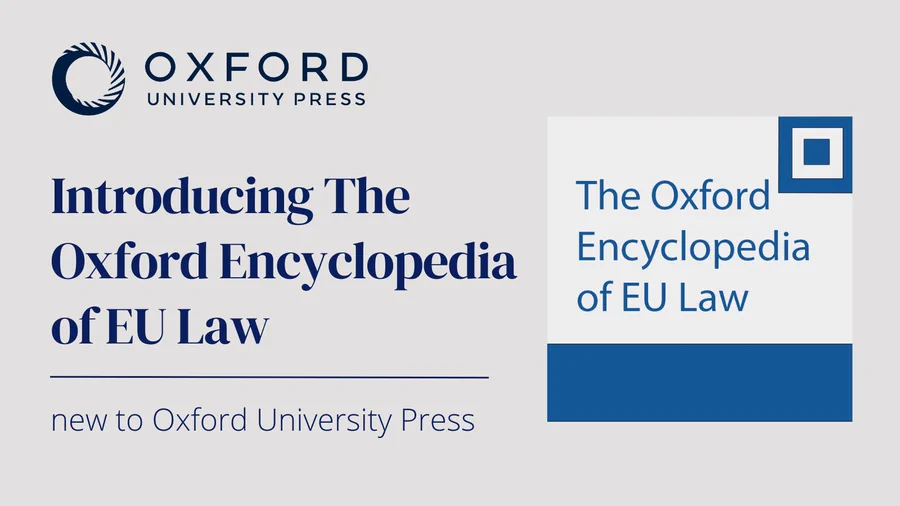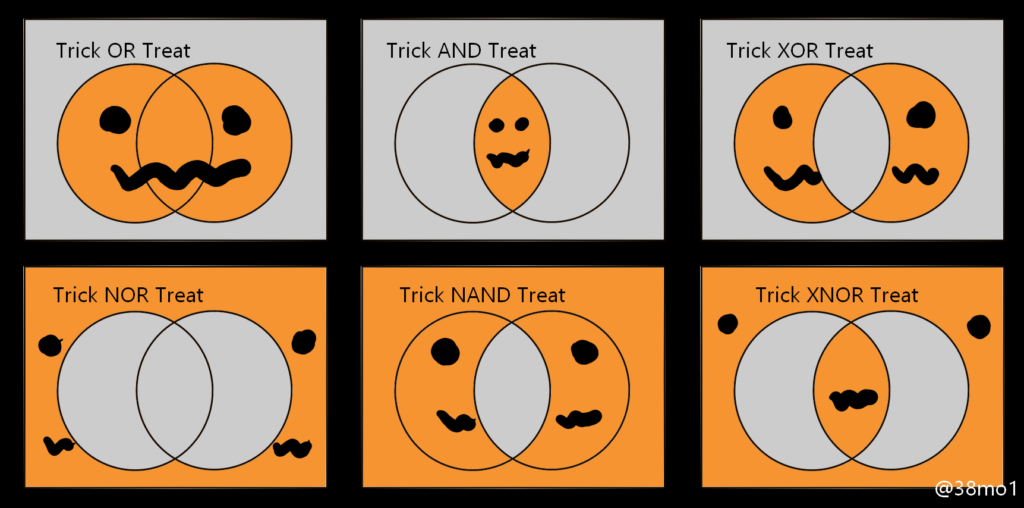Recently we have arranged access to the Jus Mundi Academic Research database, which we have until 17th November.
Jus Mundi Academic Research is a comprehensive, multilingual, user-friendly and intelligent search engine for international law and arbitration. It covers over 72,000 international law and arbitration documents, including investment arbitration, commercial arbitration, public international law, law of the sea, and international trade-law. Jus Mundi has international cases from more than 100 institutions globally, namely, WTO, ICSID, ICC, ICJ, CAS, PCA, ICDR, IUSCT, ITLOS, SCC, LCIA, ICAC, RAC, SIAC, HKIAC, Mixed Claims Commissions, and ad hoc arbitration tribunals established under the UNCITRAL rules. Commercial arbitration documents including arbitral awards are made available through Jus Mundi thanks to their partnerships with the IBA, ICC, RAC, VIAC, CEA, UAA, ICDR, CBMA, HKIAC, SHIAC, SCCA, THAC and more.

Jus Mundi is a provider who also hosts the ICC Dispute Resolution Channel, so you may already be familiar with their platform. This means we now have access not only to ICC DRL but also to Jus Mundi’s search engine + Documents on Treaties, Cases and Rules of Arbitration, and Wiki notes.
Students and staff may be interested to know there is a dedicated help center for useful information:
- FAQ on the search engine and tools
- FAQ on Wikinotes
- Tutorial videos on all products included in Academic Research Subscription.
To access Jus Mundi please visit the EResources trials page for links and usernames. Don’t forget to complete the feedback form so we know what you think!







